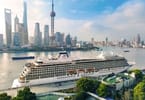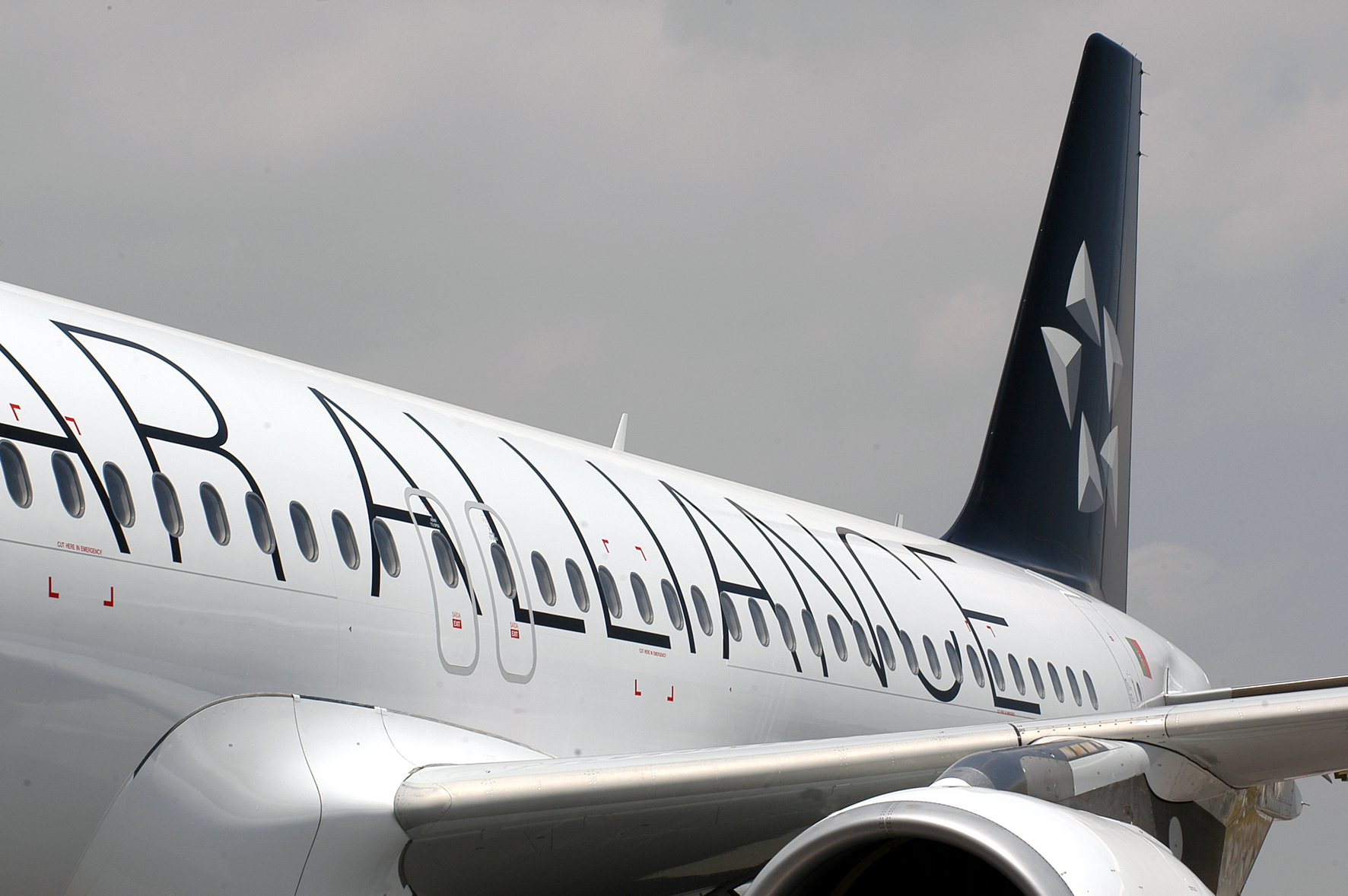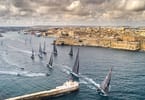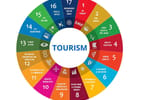Australian Environment Minister Sussan Ley announced on Friday that koala populations in Queensland, New South Wales, and the Australian Capital Territory will be officially listed as endangered species in order to ensure additional government protection to the dwindling populations.
“We are taking unprecedented action to protect the koala, working with scientists, medical researchers, veterinarians, communities, states, local governments and traditional owners,” the minister said, highlighting the four-year recovery plan that will cost AU$50 million (US$35.6 million) and will be implemented in all three states three states across Australia’s east coast to conserve and protect koalas.
Iconic Australian marsupials will be designated as an endangered species under the Environment Protection and Biodiversity Conservation Act (EPBC Act) 1999, recognizing that without additional protective measures, the animals risk extinction.
Environmental organizations WWF-Australia, the International Fund for Animal Welfare (IFAW), and the Humane Society International (HSI) thanked the environment minister for what they described as a “grim, but important decision,” while criticizing the government for failing to protect the koalas.
IFAW Wildlife Campaign Manager Josey Sharrad called the marsupials an international and national icon, and said they were in danger before the ‘Black Summer’ of 2019-20 due to severe droughts, loss of habitat to land-clearing, diseases, dog attacks, and roadkills.
“The bushfires were the final straw. This must be a wake-up call to Australia and the government to move much faster to protect critical habitat from development and land-clearing and seriously address the impacts of climate change,” she stated.
The decision to list koalas as an endangered species comes just 10 years after the marsupials were listed as a ‘vulnerable species’ in May 2012. Since then, koala populations have been under constant threat due to the clearing of more than 25,000 hectares of their natural habitat, officially approved by the government.
It is projected that by 2032, when Queensland’s capital, Brisbane will host the Olympic games, the koala population in the state will drop below 8,000, according to the WWF.
The koala or, inaccurately, koala bear, is an arboreal herbivorous marsupial native to Australia. It is the only extant representative of the family Phascolarctidae and its closest living relatives are the wombats, which are members of the family Vombatidae.
The koala is found in coastal areas of the mainland’s eastern and southern regions, inhabiting Queensland, New South Wales, Victoria, and South Australia. It is easily recognizable by its stout, tailless body and large head with round, fluffy ears and large, spoon-shaped nose. Fur color ranges from silver grey to chocolate brown.
Koalas typically inhabit open eucalypt woodlands, and the leaves of these trees make up most of their diet.
IHE Ị GA-Ewepụ na edemede a:
- This must be a wake-up call to Australia and the government to move much faster to protect critical habitat from development and land-clearing and seriously address the impacts of climate change,” she stated.
- IFAW Wildlife Campaign Manager Josey Sharrad called the marsupials an international and national icon, and said they were in danger before the ‘Black Summer' of 2019-20 due to severe droughts, loss of habitat to land-clearing, diseases, dog attacks, and roadkills.
- Australian Environment Minister Sussan Ley announced on Friday that koala populations in Queensland, New South Wales, and the Australian Capital Territory will be officially listed as endangered species in order to ensure additional government protection to the dwindling populations.























